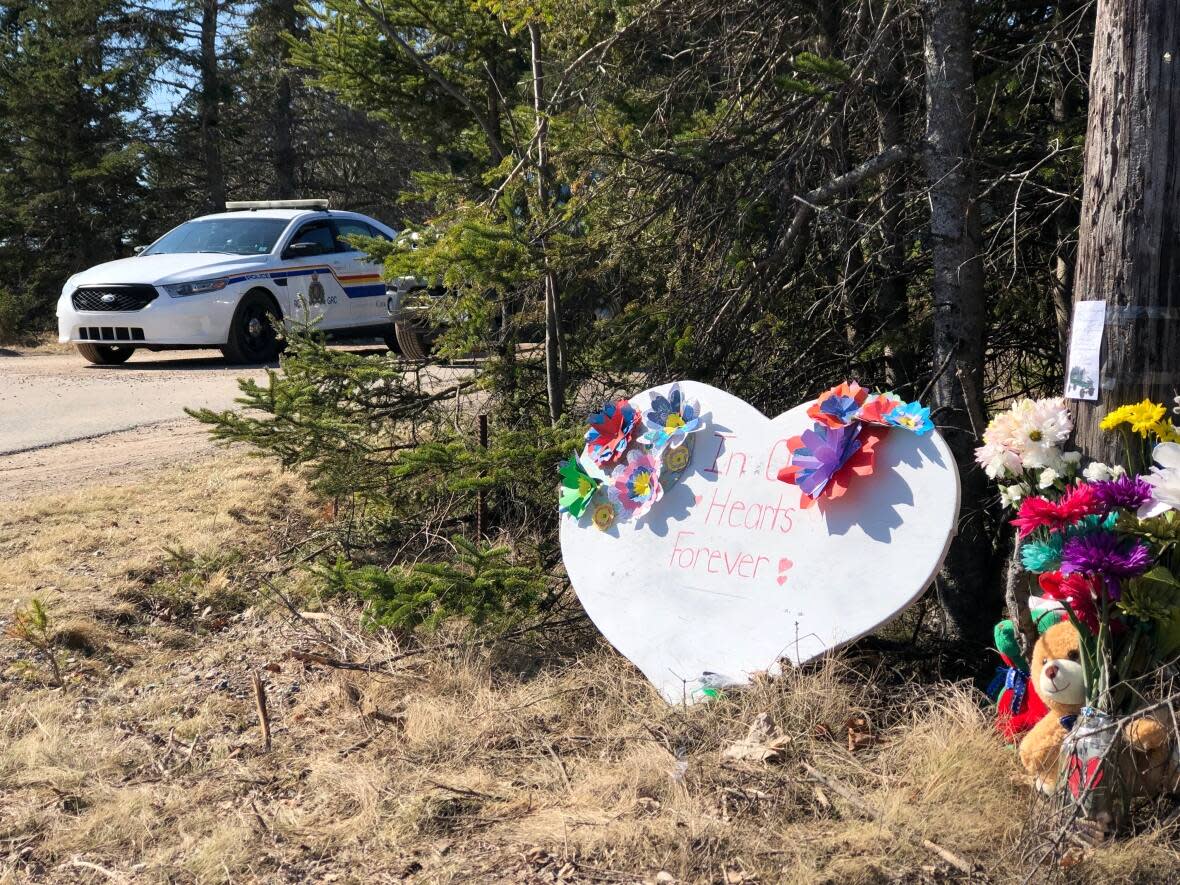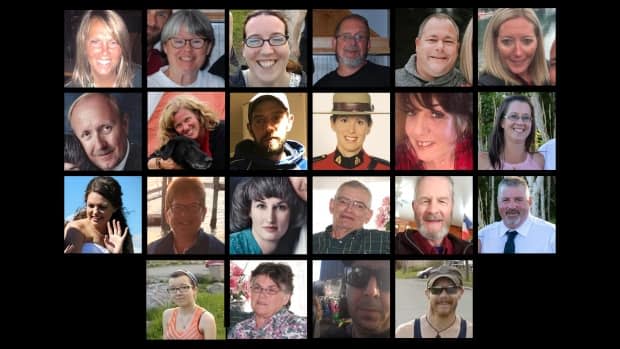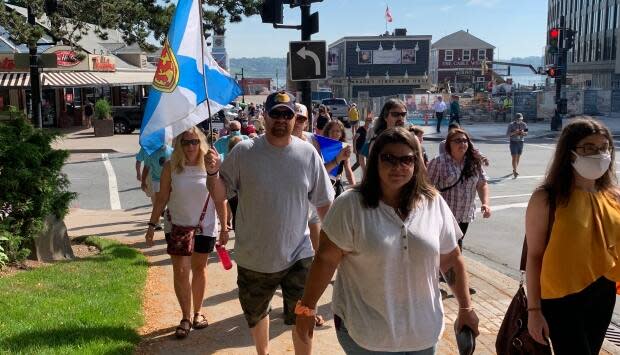Families of people killed in N.S. mass shooting don't want any more public inquiry delays

Families of people killed during the Nova Scotia mass shooting in April 2020 are calling for the public inquiry examining the circumstances that led to the deaths of 22 people to not further delay hearings and to provide more clarity on what to expect during the proceedings.
Last week the Mass Casualty Commission announced the public portion of the inquiry — which will include hearings where people may be called as witnesses to answer questions — would be delayed until the end of February.
It's the second postponement. Originally, the proceedings had been scheduled to start in late October but the commission said more time was needed to brief participants, including the families, about the information gathered during its investigation.
"Our client's of the view that the time has come that this needs to come out into the public, this information needs to be shared with the public. Those answers need to be publicly given. That is the process our clients have been waiting for," said Sandra McCulloch of Patterson Law.
The firm represents 23 people participating in the commission's probe, including family members and people who were directly impacted when a gunman disguised as a Mountie travelled through rural communities burning homes and killing neighbours, strangers and acquaintances.

The shifting inquiry timeline has meant clients have once again revised their plans for work and family obligations, but McCulloch said the toll is more than an inconvenience.
"To continue to be building up toward something that doesn't actually happen, it's also incredibly stressful for them," she said.
Meanwhile, despite representing many of the people most affected by the tragedy, the lawyer said she and her colleagues still don't have a clear picture of the format of the public hearings or how they will be able to interact with witnesses. They also don't know who will be called or how evidence will be presented.
"We have a very limited understanding of exactly what is going to happen when the public proceedings begin… it's very difficult for us to talk to our clients about it or to do preparations on our end," she said.
In total there are more than 60 participants in the inquiry that include dozens of groups — among them police, firearms organizations and advocacy organizations that deal with intimate partner violence.
The inquiry's scope is broad. It's been tasked with finding out how police and government responded, the factors that contributed to the mass casualty, as well as the way people were informed about it and the supports offered to them.
Questions about process
For the past year, investigators working for the joint federal and provincial inquiry have been interviewing people and combing through evidence, including information subpoenaed from the RCMP and the force's criminal investigation into the killings.
The commission said it has collected more than 40,000 pages of records and 230 audio and video recordings, in addition to information garnered by speaking to witnesses.
So far, the commission has not presented any of that evidence to the public. It has held open houses in affected communities to explain the inquiry process, but the rest of the work has happened behind the scenes.
That has included putting together foundational documents summarizing the findings of the investigations. The topics range from the mock cruiser the gunman drove to what transpired at the various crime scenes in communities that included Portapique, Debert, Wentworth and Shubenacadie, N.S.
Bound to keep quiet, for now
Before sharing them during hearings, staff sought input about their accuracy from some inquiry participants, including the families when the topic pertained to their loved ones. So far, that information has been shared with participants confidentially.
But that has meant they could not discuss the findings outside of their immediate family, McCulloch said.
"That is certainly a concern for some of our clients that they are becoming privy to information that they are being compelled to to keep quiet," she said.
"It's difficult for our clients to make any comment or to be forced to refrain from making any comment. And so, you know, to a certain degree, once this public process begins, that burden will start to be lifted."

She said for many clients, the focus of the first weeks of the public proceedings will be "really critical" and an opportunity to finally hear more about what happened during the 13 hours of the rampage that spanned April 18-19, 2020.
Later phases will look at why things happened the way they did and focus on recommendations to prevent similar situations in the future.
"[Families] advocated for having a public inquiry. It was an opportunity to receive information and evidence from the people that had it, to test their evidence, to ask them questions and better understand what happened and why, or what didn't happen and why," McCulloch said.
"At the end of the day, they've been through a terrible tragedy. And if there are things that can be done to prevent this from happening in the future, that is a key goal out of this process."
Despite the delays, a final report is still scheduled to be released Nov. 1, 2022.
The Mass Casualty Commission didn't immediately respond to a request for comment. This story will be updated when a response is received.
MORE TOP STORIES


